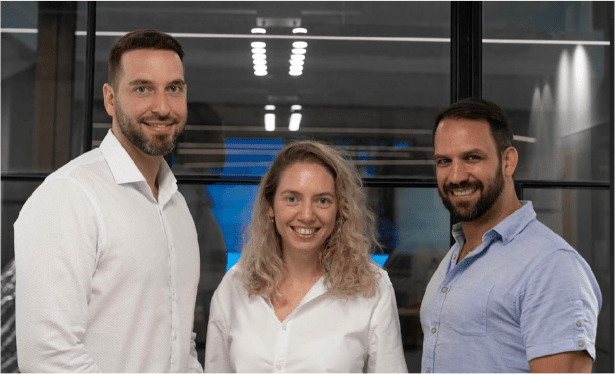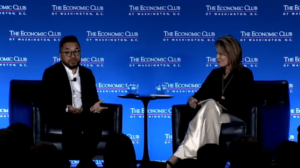
Sensi.AI Raises $31 Million in Series B Funding for 24/7 Senior Monitoring Solutions
Aging in Place: How Technology is Revolutionizing Home Care for the Elderly
In recent years, there has been a significant shift in how older adults prefer to age. Rather than moving into nursing facilities, many individuals over the age of 65 want to stay in their own homes as they grow older. According to a study by the American Association of Retired Persons (AARP), nearly 90% of people over 65 want to remain in their homes for as long as possible.
This growing demand for aging in place has created a need for home care agencies that can provide support and assistance to the elderly while living at home. However, traditional home care models often rely on caregivers visiting clients during the day for a few hours or weeks at a time. This limited approach does not always meet the complex needs of older adults who require ongoing monitoring and support.
Introducing Sensi.AI: Revolutionizing Home Care through AI-Powered Monitoring
Enter Sensi.AI, a company founded in 2019 by Romi Gubes with the mission to provide comprehensive monitoring solutions for home care agencies. The technology developed by Sensi uses audio analysis to virtually monitor the well-being of seniors around the clock.
The idea behind Sensi’s innovative approach was born out of Gubes’ personal experience when she discovered abuse happening in her five-year-old daughter’s childcare facility. Recognizing that similar situations could occur with vulnerable populations, including older adults, Gubes decided to leverage audio AI to analyze and detect potential issues.
How Sensi Works
Sensi’s technology is designed to work seamlessly in the home care setting. Audio pods, similar to Amazon’s Alexa, are placed strategically throughout the person’s home, typically in bedrooms, bathrooms, and living areas. The company’s AI continuously collects and analyzes audio data for variations from a baseline.
Insights into Senior Well-being
Sensi claims to identify over 100 insights about the well-being of seniors using its AI-powered monitoring system. These insights range from detecting emergencies such as falls to indicating less urgent health problems like urinary tract infections or pneumonia. Additionally, Sensi can detect "good-to-know" issues, including changes in activity levels, sentiment, and lack of companionship.
Clinical Care Team and Data Development
The company’s clinical care team, comprising a social worker, occupational therapist, nurses, and geriatrics clinicians, continuously develops new data points to track. This collaborative approach ensures that Sensi’s technology remains up-to-date with the latest insights into senior well-being.
High Demand for Sensi’s Technology
Gubes reports that Sensi AI’s technology is in high demand, with over 80% of the largest home care networks in the United States using its monitoring system. This fast growth has led to a threefold increase in revenue year-over-year for the past three years, with expectations for continued expansion.
New Funding and Expansion Plans
Sensi announced a $31 million Series B funding round on Wednesday, led by Insight Partners and Zeev Ventures, with participation from existing investors Entrée Capital, Flint Capital, Jibe Ventures, and Secret Chord Ventures. This new funding brings the company’s total investment to $53 million.
With this significant influx of capital, Sensi plans to expand its services to countries beyond the United States and Israel, where it currently operates. The company is leveraging generative AI (GenAI) capabilities to launch new languages with ease, paving the way for global growth.
Conclusion
Sensi’s innovative approach to home care monitoring has revolutionized how older adults receive support while living at home. By harnessing the power of audio analysis and GenAI, Sensi is empowering caregivers to provide more comprehensive and responsive care to their clients.
As the demand for aging in place continues to grow, it is likely that technology-driven solutions like Sensi will play an increasingly important role in supporting older adults’ health, well-being, and independence.


